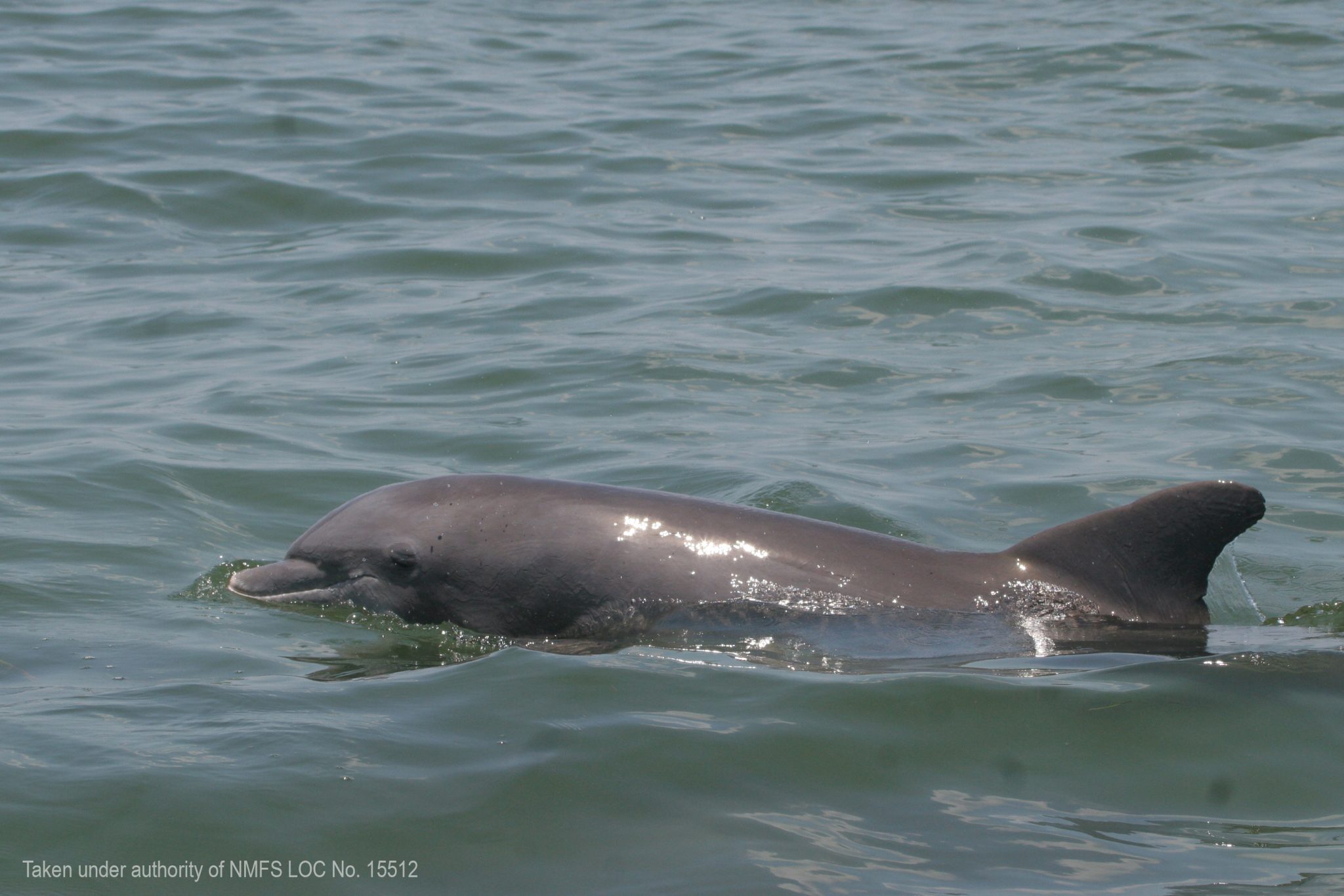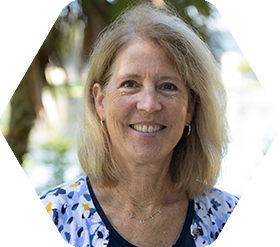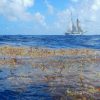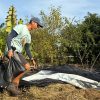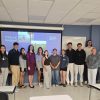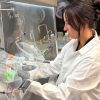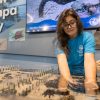For the past 21 years, Eckerd College Professor of Computer Science Kelly Debure, Ph.D., has supervised scores of students who have maintained and enhanced the Digital Analysis and Recognition of Whale Images on a Network software. Despite its aging interface and performance limitations, Debure says the software remains popular and has been downloaded thousands of times.
An important research tool, DARWIN uses photo identification as a means of associating observational data with individual animals. Initially implemented under the direction of former Eckerd faculty member John Stewman, the software helps researchers identify bottlenose dolphins, spinner dolphins, fin whales, basking sharks and other related species. It also has been modified to help identify Alaskan brown bears.
And soon, the software will be able to do more—and do it faster and more accurately. Thanks to a recent $278,631, three-year grant from the National Science Foundation, DARWIN is headed for a substantial upgrade.
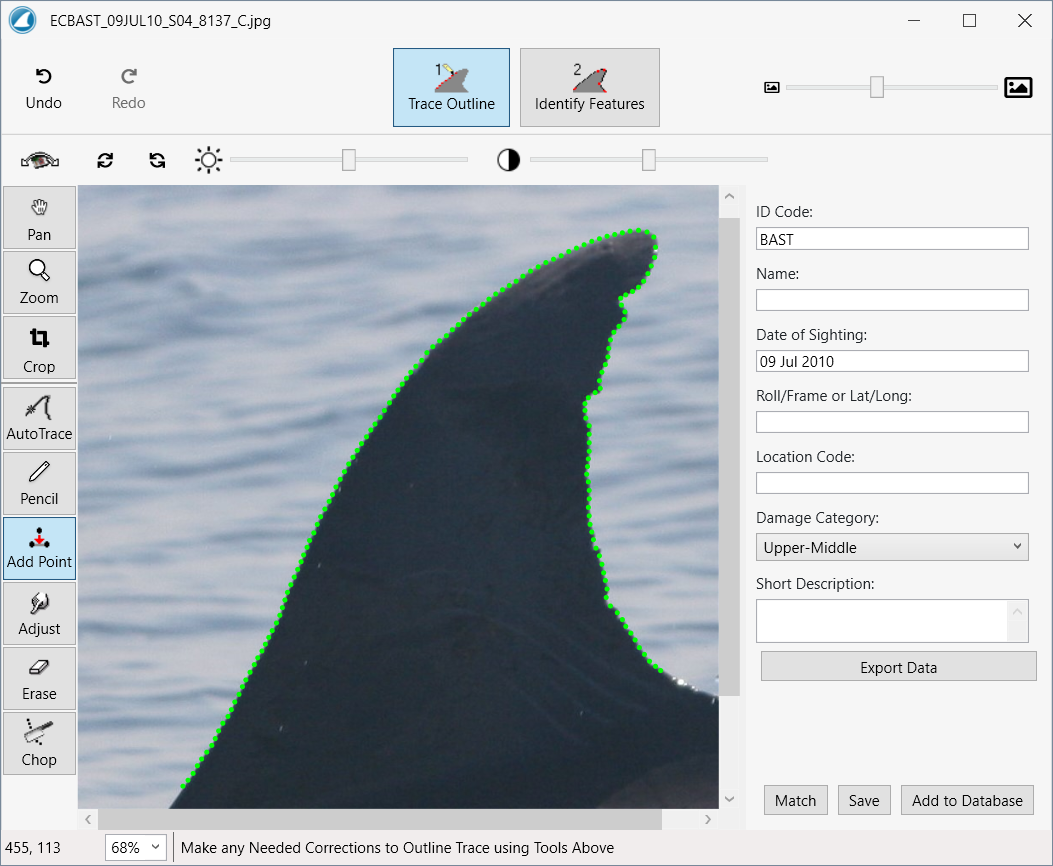
DARWIN’s tracing window allows the user to perform a sketch-based query of the database of dorsal fins. A dorsal fin image is loaded, the user traces a rough sketch of the outline, and active contours are used to automatically reposition the outline along the fin’s edge. This window is used to add new dorsal fin images and associated data to the database.
“It’s gotten so dated and so embarrassingly old, but people still use it,” explains Debure, who was a principal investigator on the grant along with Eckerd Associate Professor of Computer Science Michael Hilton, Ph.D. “At a workshop in 2019, DARWIN was cited as the most known software for identifying dolphins. I found that mind-blowing.
“Alum Adam Russell ’01 updated the baseline software a few years back and added a dolphin mode and a bear mode. But we’re still using some basic algorithms and not really taking advantage of new machine-learning techniques. It’s really important to me that we update it so people can continue to use it.”
Hilton, who has developed software used in research on gopher tortoises and frogs, points out that Eckerd students will play key roles in the upgrade process. “This gives us the money to engage students in research, so they can be competitive with a commercial internship,” Hilton says. “It could lead to publication of their work or help them get into grad school.
“It will also benefit the marine science students and faculty here because they are the primary users of DARWIN,” he adds.
“A lot of the new features, new algorithms and machinery will make their job of studying the dolphin population in the Tampa Bay area easier to do.”
Debure admits there is other software available to do this kind of research. But it’s cumbersome. “On ours you just click on it, download it and install it. And if students work on the project and apply to grad school, they can say they worked on a National Science Foundation–funded project at Eckerd College. It gains them credibility for the work they have done.
“Having the opportunity to do some machine learning and to build a model and understand how it works is such a hot area right now. That’s an enormous benefit.”





